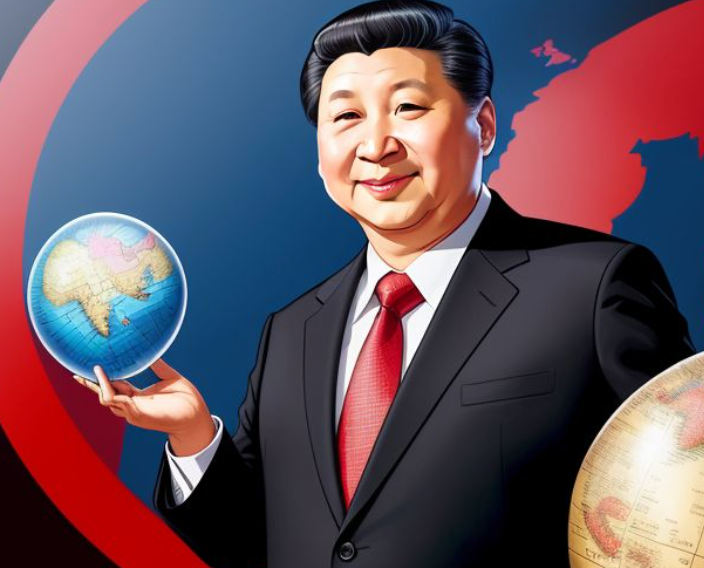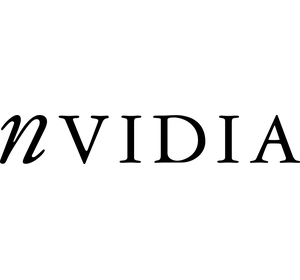$SPY $BAC $BTC
#China #USChinaRelations #WallStreet #Finance #Markets #Trade #Economy #Diplomacy #Investing #Geopolitics #Trump #GlobalTrade
Chinese Vice Premier He Lifeng has recently engaged in a series of meetings with prominent Wall Street figures, demonstrating Beijing’s push to deepen ties with the U.S. financial sector amidst a backdrop of growing tensions between the two largest global economies. The timing of these discussions is notable, aligning with the imminent inauguration of Donald Trump, whose administration is widely expected to take a more confrontational stance on issues such as trade and currency policy with China. These efforts underscore Beijing’s strategic pivot to build alternative avenues of dialogue and potentially temper economic headwinds resulting from anticipated policy shifts.
By engaging with key U.S. financial players, China appears to be fostering goodwill with influential voices in the American private sector who could serve as mediators in broader economic policy discussions. Wall Street has historically been a supporter of free trade and globalization, interests that are often aligned with Beijing’s goals. With Trump’s rhetoric suggesting a move toward protectionism, these meetings may also signal China’s proactive strategy to engage stakeholders who might advocate against escalating trade barriers or punitive tariffs. For investors, the underlying takeaway is the potential recalibration of global trade policies under the Trump administration, which could influence market sectors from banking stocks like $BAC to broader indices like $SPY.
This strategic outreach also reflects China’s concern over the fragility of current U.S.-China economic ties, especially as Washington intensifies its scrutiny of Beijing’s trade practices and intellectual property policies. The choice to focus on Wall Street executives suggests a calculated effort to navigate the growing mistrust by appealing to the economic arguments for continued engagement between the two economies. China remains a significant player in global capital markets, and the country’s leadership may be emphasizing the interconnectedness of financial systems to counter the Trump administration’s hardline rhetoric. For the crypto space, sentiments surrounding heightened tensions—such as the potential for tighter capital controls—might indirectly drive interest in decentralized currencies like $BTC.
From a broader market perspective, these developments could inject uncertainty into financial markets, particularly if Trump’s policies exacerbate existing trade imbalances or trigger retaliatory maneuvers from China. Market participants are likely paying close attention to how these dynamics unfold, as the resulting shifts in bilateral relations could ripple across equities, currency markets, and even global supply chains. Diplomatic overtures like Vice Premier He Lifeng’s meetings suggest that despite rising geopolitical frictions, constructive dialogue between the world’s two largest economies remains a possibility—albeit one with substantial risks that investors will need to assess carefully.











Comments are closed.